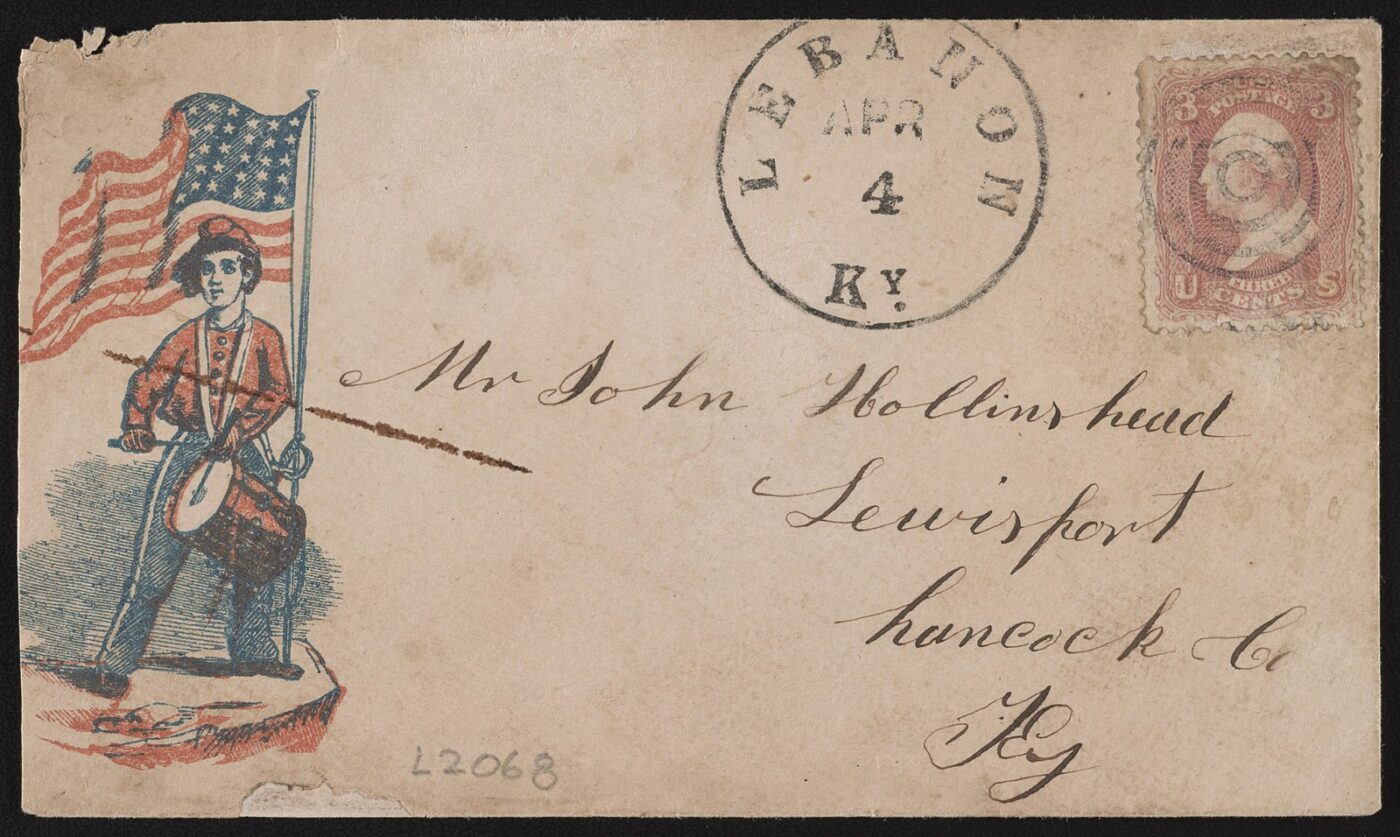Thomas Jefferson
In Summary
“May it be to the world, what I believe it will be, (to some parts sooner, to others later, but finally to all,) the Signal of arousing men to burst the chains, under which monkish ignorance and superstition had persuaded them to bind themselves, and to assume the blessings & security of self-government. that form which we have substituted, restores the free right to the unbounded exercise of reason and freedom of opinion. all eyes are opened, or opening, to the rights of man.”
Thomas Jefferson to Roger C. Weightman
June 1826
Thomas Jefferson is most known for being the primary author of the Declaration of Independence, but his contributions to the founding of the United States did not stop there. He was a leading proponent of religious disestablishment and served as the second Governor of Virginia, the second U.S. minister to France, and the third President of the United States. Some of his notable works are below, and you can learn more about his life on the Thomas Jefferson Discovery Page.
JMC Resources

Letters
Jefferson was serving as an ambassador to France while the framers met in Philadelphia at the Constitutional Convention. Though he was unable to participate in the debates, he held strong feelings – positive and negative – about the resulting document. In these letters, Jefferson shares his thoughts on various aspects of the Constitution.
Letter to Samuel Kercheval, 1816
This letter to a Baptist congregation in Danbury, Connecticut exemplifies Jefferson’s dedication to the separation of church and state.
Letter to the Danbury Baptists, 1802
While thinking and writing about the practical structure of governments, Jefferson often returned to grounding principles of natural rights and theories of government. In these letters Jefferson contemplates duties higher than obeying written law and the necessity of purposefully decentralizing power.
Letter to John B. Colvin, 1810
Letter to Joseph C. Cabell, 1816
Though he owned hundreds of slaves during his lifetime, Jefferson was not blind to the injustice of the institution. In this letter to John Holmes, he offers his thoughts on the practicable elimination of slavery from the United States.
Near the 50th anniversary of the signing of the Declaration of Independence, Jefferson acknowledges the world-changing feat accomplished by the citizens of the United States in establishing and maintaining a system of self-government.

Notes on the State of Virginia
In Notes on the State of Virginia, Jefferson describes and analyzes aspects of life in Virginia ranging from mountains, rivers, and seaports in the state, military and marine forces, manufacturing, and subjects of commerce. In the chapters below, Jefferson contemplates the separation of church and state and the state of manufacturing and agriculture in Virginia. The complete work can be found here.
Query XVII: The different religions received into that State?
Query XIX: The present state of manufactures, commerce, interior and exterior trade?

Other Writing
Though Jefferson is credited with primary authorship of the Declaration of Independence, some language from his original draft was rejected by other founders and was excluded from the final version that was sent to King George III. One passage of particular importance that was excluded from the final version is a condemnation of the slave trade and the detrimental effects it has wrought on the mankind.
Draft of the Declaration of Independence
The disestablishment of the church was a contentious cause in Virginia. Jefferson proposed this bill for establishing religious freedom in 1779, but it was not approved by the general assembly. Later, James Madison introduced a similar bill which was eventually passed in 1786.
A Bill for Establishing Religious Freedom
Jefferson and Alexander Hamilton were political rivals on many fronts, one of which was the establishment of a national bank. Hamilton promoted the national bank as a way for the United States to legitimate its federal government. Jefferson was opposed to the bank, feeling it was not necessary for the carrying out of the federal government’s responsibilities.
Opinion on the Constitutionality of a National Bank
In response to the Alien and Sedition Acts, signed into law by John Adams, Jefferson authored the Kentucky Resolutions. Like the resolutions drafted by James Madison for Virginia, the Kentucky Resolutions declare the right of states to consider any federal law void if it legislates something not explicitly contained in its delegated Constitutional powers.
Other Resources
Founders and the Constitution: Thomas Jefferson
Bill of Rights Institute
Thomas Jefferson and the Rewards of Humility
Bill of Rights Institute